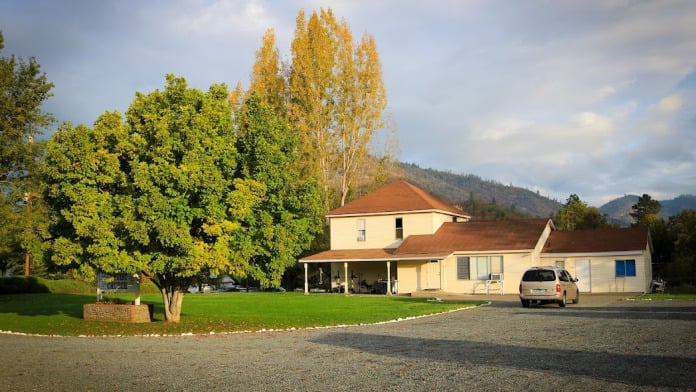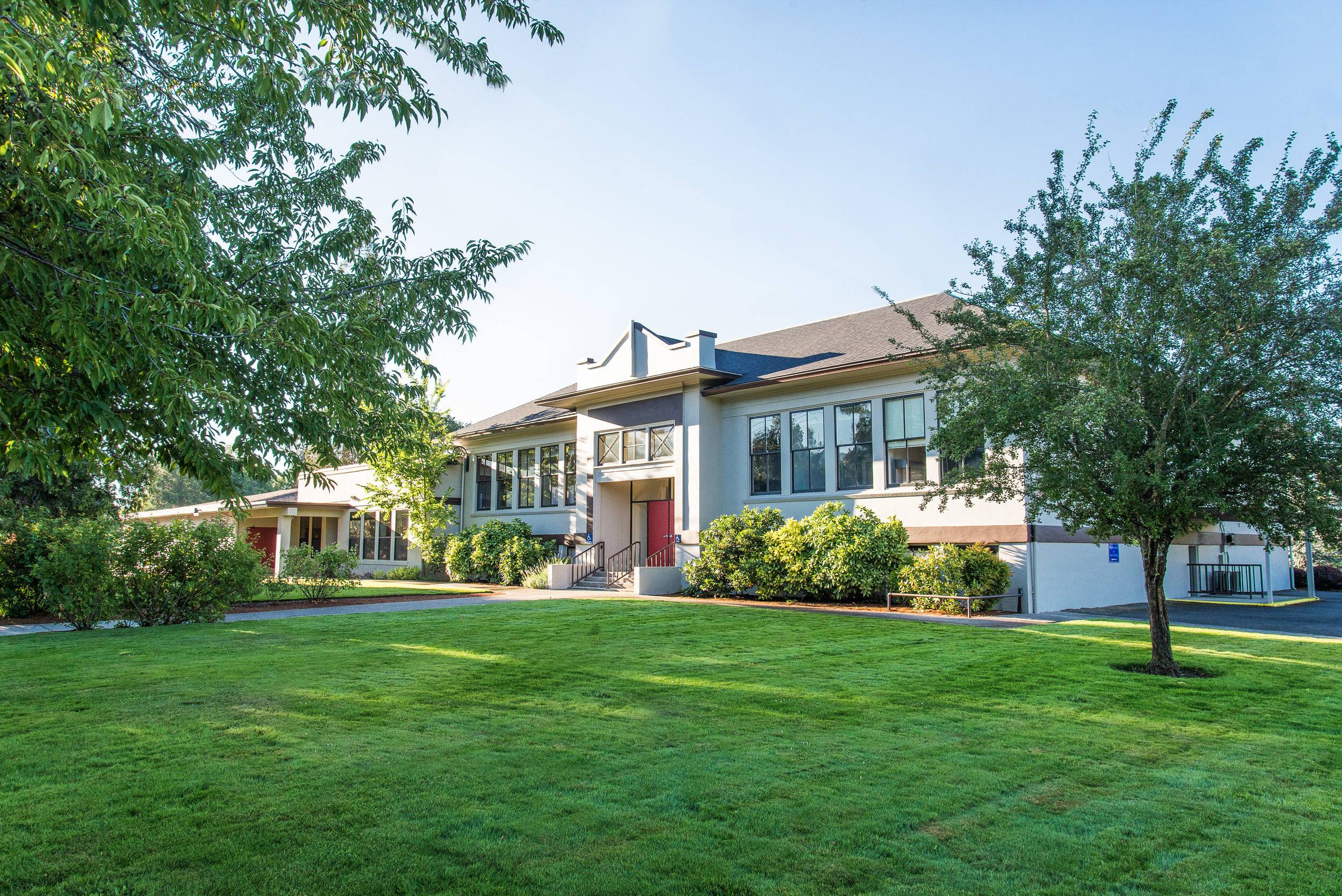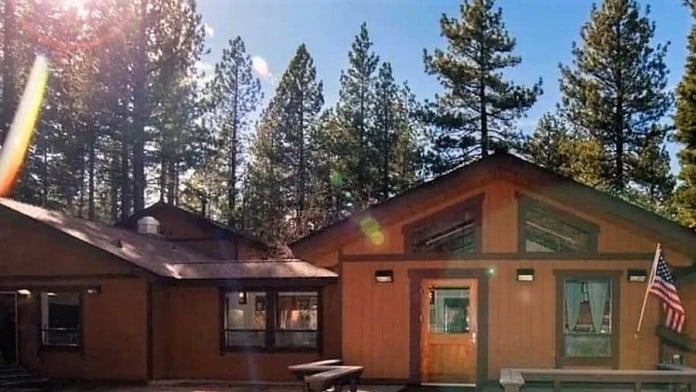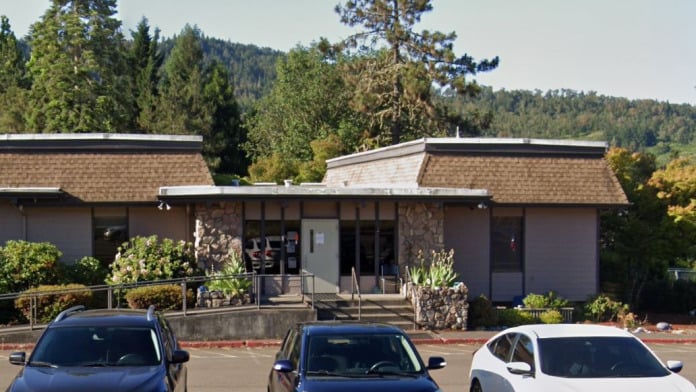ADAPT is the best place to get clean and to recover from any substance abuse problem or any insecurity you might have. I went there a few years ago, and I can say thanks to them. I'm sober today, and I love looking at myself in the mirror but most important I love myself
About Adapt Integrated Health Care
Adapt Integrated Health Care offers substance use treatment in Grants Pass, Oregon. They provide culturally competent treatment so every guest feels understood and can focus on overcoming addiction with plans that meet their unique needs.
Flexible Treatment Options
Adapt Integrated offers outpatient care that allows you the flexibility to continue with your daily responsibilities. They understand that every person has a unique journey and their specialized support addresses trauma and underlying causes of addiction.
They have certified recovery mentors trained to help guide you through the recovery process. Their holistic approach doesn’t only treat the addiction but looks for contributing factors that could interfere with sobriety.
Outreach Services for Continued Care
Along with recovery services they also have DUI treatment for those with driving under the influence violations. Adapt collaborates with the community to help residents needing recovery and other resources like temporary housing so families can have a stable home.
Their Evening Initiative program connects parents battling substance abuse with services and tools that help them maintain their family unit while getting the help they need to be sober. They also reach out to those who may be homeless struggling with substance use issues and connect them with temporary housing and treatment.
Another feature of their treatment is the partnership with Grants Pass Police Department. They help with overdose responses and assist the Juvenile Justice system with interventions to help reduce offenses that include substance use.
The team at Adapt’s Grants Pass office is there to support you on your recovery path with the resources you need for long-term sobriety.
Latest Reviews
Rehab Score
Location
Accepted Insurance
Other Forms of Payment
Private insurance refers to any kind of healthcare coverage that isn't from the state or federal government. This includes individual and family plans offered by an employer or purchased from the Insurance Marketplace. Every plan will have different requirements and out of pocket costs so be sure to get the full details before you start treatment.
Self-pay involves paying for treatment out of your own pocket. You can use savings or credit, get a personal loan, or receive help from family and friends to fund your treatment. If you don't have insurance or your insurance plan doesn't cover a specific program, self-pay can help ensure you still get the care you need.
Financial aid can take many forms. Centers may have grants or scholarships available to clients who meet eligibility requirements. Programs that receive SAMHSA grants may have financial aid available for those who need treatment as well. Grants and scholarships can help you pai for treatment without having to repay.
Sliding scale payments are based on a client's income and family size. The goal is to make treatment affordable to everyone. By taking these factors into account, addiction recovery care providers help ensure that your treatment does not become a financial burden to you or your family, eliminating one barrier to care.
Military members, veterans, and eligible dependents have access to specific insurance programs that help them get the care they need. TRICARE and VA insurance can help you access low cost or no cost addiction and mental health treatment. Programs that accept military insurance often have targeted treatment focused on the unique challenges military members, veterans, and their families face.
Medicaid is a state based program that helps lower-income individuals and families pay for healthcare. Medicaid covers addiction treatment so those enrolled can use their coverage to pay for rehab. When a program accepts Medicaid the client often pays very little or nothing out of their own pocket.
Addiction Treatments
Levels of Care
Outpatient Programs (OP) are for those seeking mental rehab or drug rehab, but who also stay at home every night. The main difference between outpatient treatment (OP) and intensive outpatient treatment (IOP) lies in the amount of hours the patient spends at the facility. Most of the time an outpatient program is designed for someone who has completed an inpatient stay and is looking to continue their growth in recovery. Outpatient is not meant to be the starting point, it is commonly referred to as aftercare.
Intensive Outpatient Programs (IOP) are for those who want or need a very structured treatment program but who also wish to live at home and continue with certain responsibilities (such as work or school). IOP substance abuse treatment programs vary in duration and intensity, and certain outpatient rehab centers will offer individualized treatment programs.
Rehab aftercare programs are generally predicated on the understanding that addiction disease is chronic and relapsing and the recovery is a life-long process requiring ongoing care. Clients in drug rehab aftercare have typically completed inpatient detox and/or rehab but may still be receiving outpatient treatment. Their unique care plan is usually developed in collaboration with their care team and case manager and may include peer coaching, career counseling, 12 step program facilitation, and related services.
When participating in 12 step programs, clients receive intensive and ongoing peer support as they work through the recovery journey. They're expected to regularly attend 12 step meetings and to select a peer sponsor for one-on-one mentoring. Meetings are free, anonymous, and accessible multiple times a day, 365 days per year, in most communities. Religious affiliation is not required, though these programs are rooted in the belief in a higher power as a foundation of personal growth and long-term sobriety.
After completing a rehab program, if you don't feel ready to fully re-enter life ourside the safety of the rehab, a sober living home in Oregon can be a good option. A halfway house can provide the structure you need to practice recovery skills in a substance-free environment before you enter mainstream society. During your stay, you'll participate in 12-step meetings, help with household duties, and receive mutual support from others in recovery.
A drug intervention in Oregon must begin with pre-intervention planning. Intervention services provide a specialist who interviews family members to understand the dynamics involved, including enabling behaviors. Based on this research, the interventionist will develop a plan for the intervention and suggested treatment. Then, the interventionist and family members will conduct the intervention, guided by the specialist. This professional involvement helps improve outcomes for interventions.
Treatments
The goal of treatment for alcoholism is abstinence. Those with poor social support, poor motivation, or psychiatric disorders tend to relapse within a few years of treatment. For these people, success is measured by longer periods of abstinence, reduced use of alcohol, better health, and improved social functioning. Recovery and Maintenance are usually based on 12 step programs and AA meetings.
Drug rehab in Oregon offers a full continuum of care for those struggling with addiction. From detox, to inpatient, to outpatient, to aftercare, Oregon residents can find the support they need for recovery. This treatment empowers individuals to replace drug use with positive alternatives and develop a healthier lifestyle.
Many of those suffering from addiction also suffer from mental or emotional illnesses like schizophrenia, bipolar disorder, depression, or anxiety disorders. Rehab and other substance abuse facilities treating those with a dual diagnosis or co-occurring disorder administer psychiatric treatment to address the person's mental health issue in addition to drug and alcohol rehabilitation.
Opioid rehabs specialize in supporting those recovering from opioid addiction. They treat those suffering from addiction to illegal opioids like heroin, as well as prescription drugs like oxycodone. These centers typically combine both physical as well as mental and emotional support to help stop addiction. Physical support often includes medical detox and subsequent medical support (including medication), and mental support includes in-depth therapy to address the underlying causes of addiction.
Substance rehabs focus on helping individuals recover from substance abuse, including alcohol and drug addiction (both illegal and prescription drugs). They often include the opportunity to engage in both individual as well as group therapy.
Programs
Adult rehab programs include therapies tailored to each client's specific needs, goals, and recovery progress. They are tailored to the specific challenges adult clients may face, including family and work pressures and commitments. From inpatient and residential treatment to various levels of outpatient services, there are many options available. Some facilities also help adults work through co-occurring conditions, like anxiety, that can accompany addiction.
Young adulthood can be an exciting, yet difficult, time of transition. Individuals in their late teens to mid-20s face unique stressors related to school, jobs, families, and social circles, which can lead to a rise in substance use. Rehab centers with dedicated young adult programs will include activities and amenities that cater to this age group, with an emphasis on specialized counseling, peer socialization, and ongoing aftercare.
Recovery is most successful when clients feel accepted and validated by their peers and treatment providers. Facilities that offer LGBTQ-inclusive programming are committed to creating a safe space where everyone can grow and recover without fear of judgment or discrimination. They will have dedicated policies in place to create a safe and supportive environment that fosters free expression.
Clinical Services
Cognitive behavioral therapy (CBT) in Oregon is a short term talk therapy method used to treat mental and behavioral disorders. Based on client needs, the therapist may recommend five to 20 sessions. Typically, this form of therapy requires fewer sessions than many other types of treatment.
The six main elements of dialectical behavior therapy are designed to help you develop skills for recovery. These are related to: 1. Accepting your circumstances 2. Learning new skills 3. Receiving support 4. Learning positive behavioral responses 5. Changing negative thought patterns 6. Building collaboration skills.
Group therapy is any therapeutic work that happens in a group (not one-on-one). There are a number of different group therapy modalities, including support groups, experiential therapy, psycho-education, and more. Group therapy involves treatment as well as processing interaction between group members.
Individualized therapy is personalized sessions to address your drug and alcohol addiction treatment. Your therapist seeks to understand your background and addiction triggers so they can collaborate with you to create a customized plan. In this plan, you set realistic goals, address underlying mental and emotional issues, and develop effective coping strategies.
Viewed as a method of communication rather than an intervention, motivational interviewing is an evidence based approach to rehab treatment in Oregon. The principles of this method have a common sense appeal and are readily applied to many therapeutic programs. Core strategies include acceptance, listening, and summarizing.
Trauma therapy addresses traumatic incidents from a client's past that are likely affecting their present-day experience. Trauma is often one of the primary triggers and potential causes of addiction, and can stem from child sexual abuse, domestic violence, having a parent with a mental illness, losing one or both parents at a young age, teenage or adult sexual assault, or any number of other factors. The purpose of trauma therapy is to allow a patient to process trauma and move through and past it, with the help of trained and compassionate mental health professionals.
For couples in Oregon, couples therapy can provide insight into the problems in their relationship. The therapist guides the couple to a greater understanding of themselves and each other. They work individually and together to change how they interact and react to challenges in the relationship.
During family therapy sessions, each member learns to rebuild trust and strengthen the relationships that have been negatively affected by addiction. Family therapists use guided interventions to help members improve their communication skills and interactions, as well as address underlying issues within the family. This helps to create a supportive atmosphere for everyone.
Staff & Accreditations
Staff

Dr. Greg Brigham
Chief Executive Officer

Dr. Theresa “Terri” Lundy
Chief Medical Officer
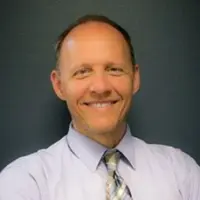
Deric V. Ravsten, DO, FAPA
Chief of Psychiatric Services

Michelle Watson
Chief Operations Officer
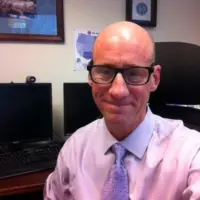
Thomas “Tom” Sorrells
Chief of Substance Use Disorder Services
Accreditations

The Commission on Accreditation of Rehabilitation Facilities (CARF) is a non-profit organization that specifically accredits rehab organizations. Founded in 1966, CARF's, mission is to help service providers like rehab facilities maintain high standards of care.
CARF Accreditation: Yes
Contact Information
365 NE Beacon Dr
Grants Pass, OR 97526

